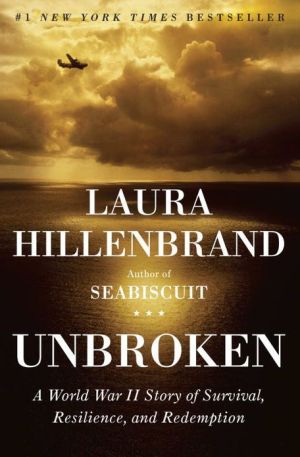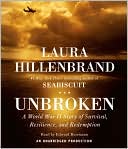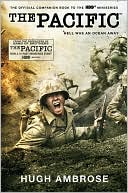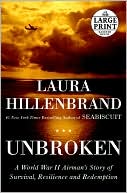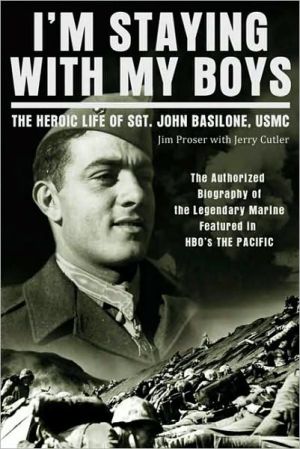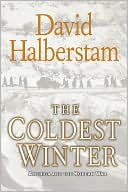Guadalcanal: The Definitive Account of the Landmark Battle
“Brilliant...an enormous work based on the most meticulous research.”— LA Times Book Review The battle at Guadalcanal—which began eight months to the day after Pearl Harbor—marked the first American offensive of World War II. It was a brutal six-month campaign that cost the lives of some 7,000 Americans and over 30,000 Japanese. This volume, ten years in the writing, recounts the full story of the critical campaign for Guadalcanal and is based on first-time translations of official...
Search in google:
The battle at Guadalcanal--which began eight months to the day after Pearl Harbor--marked the first American offensive of World War II. It was a brutal six-month campaign that cost the lives of some 7,000 Americans and over 30,000 Japanese.This volume, ten years in the writing, recounts the full story of the critical campaign for Guadalcanal and is based on first-time translations of official Japanese Defense Agency accounts and recently declassified U.S. radio intelligence, Guadalcanal recreates the battle--on land, at sea, and in the air--as never before: it examines the feelings of both American and Japanese soldiers, the strategies and conflicts of their commanders, and the strengths and weaknesses of various fighting units. LA Times Book Review Brilliant...an anormous work based on the most meticulous research.
\ LA Times Book ReviewBrilliant...an anormous work based on the most meticulous research.\ \ \ \ \ Publishers Weekly - Publisher's Weekly\ On August 7, 1942, the Marines landed on Guadalcanal in the Solomon islands, in the first major American offensive of the Pacific war. Days later, after the Japanese had sunk four cruisers of the escorting U.S. fleet, Admiral Robert Ghormley withdrew his ships from the area, leaving the Marines exposed to ground attack. Thus began one of the most decisive campaigns in history--lasting six months, comprising seven major naval engagements and including exhilarating victory. According to Frank, a former captain in the 101st Airborne, the campaign saw more sustained violence--by sea, land and air--than any other in WW II. Based partly on new translations of official Japanese accounts, recently declassified radio traffic records, diaries and other fresh sources, the book is a definitive critical account of strategic and tactical developments on both sides, examining command decisions and revealing in detail the realities of battle as experienced by marines, soldiers, airmen and sailors. This highly readable rendering of the critical campaign in the Pacific is first-rate military history.\ \ \ Library JournalIn his outstanding first book, a Vietnam veteran and lawyer establishes Guadalcanal's decisive place in the history of World War II. The Guadalcanal campaign was ``triphibious,'' combining air, land, and sea elements. Though the Japanese were surprised by the United States counterattack, forces in the theater were balanced so closely that the outcome was by no means certain. Frank evaluates the adversaries' strengths and weaknesses, stressing in particular the shortcomings of the U.S. Navy and the Japanese Army. He argues convincingly that Guadalcanal was the turning point in the Pacific--not least because it proved that the U.S. armed forces could meet their enemy in adversity and prevail -- D.E. Showalter, Colorado College, Colorado Springs\ \ \ \ \ Library JournalIn his outstanding first book, a Vietnam veteran and lawyer establishes Guadalcanal's decisive place in the history of World War II. The Guadalcanal campaign was ``triphibious,'' combining air, land, and sea elements. Though the Japanese were surprised by the United States counterattack, forces in the theater were balanced so closely that the outcome was by no means certain. Frank evaluates the adversaries' strengths and weaknesses, stressing in particular the shortcomings of the U.S. Navy and the Japanese Army. He argues convincingly that Guadalcanal was the turning point in the Pacific--not least because it proved that the U.S. armed forces could meet their enemy in adversity and prevail -- D.E. Showalter, Colorado College, Colorado Springs\ \ \ \ \ LA Times Book ReviewBrilliant...an anormous work based on the most meticulous research.\ \

